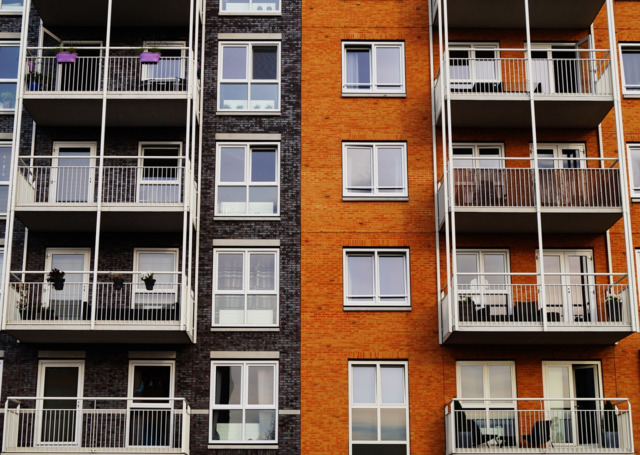Cincinnati's Airbnb market appears to be thriving, according to a recent report. But is that a good thing or a bad thing?
Financial publication MarketWatch reports through its partnership with The Escape Home that Cincinnati is one of the United States' five most-booked Airbnb markets, according to recent data. "The trend of travelers opting to visit small cities and rural areas has created an abundance of opportunities for people interested in hosting; from March 2020 through March 2021, new hosts with only one listing have made more than $1.2 billion, Airbnb estimates," Danielle Hyams writes.
The Escape Home says that Cincinnati's bookings are due to the region's "burgeoning street art scene, dozens of craft breweries and professional and college sports teams," along with Jungle Jim's International Market. The report highlights a five-bed, three-bath home in Over-the-Rhine that's selling for $849,000 but reportedly rakes in $9,000 per month from Airbnb rentals.
Other "unexpected" cities doing well in the Airbnb business include Kansas City, Missouri; Eugene, Oregon; Minneapolis, Minnesota; and Lincoln, Nebraska.
The piece from MarketWatch/The Escape Home points to remarks that Airbnb CEO Brian Chesky made in October during the Skift Global Forum, a conference focused on business growth in the travel sector. During a conversation with Skift founder Rafat Ali, Chesky claimed that the COVID-19 pandemic showed workers that they could work from anywhere, no longer needing to be in a city center or even in an office to be productive.
"Before the pandemic, most of the people in your city felt like they had to live in your city to work. Now, they’re like customers … and you have to compete with them like every other city has to. They have a choice, and that’s the major difference now. Mayors should think of their citizens as customers who have choices," The Escape Home reports Chesky as saying.
Chesky also reportedly said that many Airbnb users visit the site without a destination in mind, frequently vacationing in smaller cities. He added that Airbnb can help inspire those choices by pushing locations with ample housing supply to the front.
But, of course, every action has a reaction.
Vacation rentals like Airbnb have been accused of driving up housing costs for both renters and homebuyers, especially in recent years. A 2020 Forbes article focused on the issue:
The ‘Airbnb effect’ is to some extent remarkably similar to gentrification in that it slowly increases the value of an area to the detriment of the indigenous residents, many of whom are pushed out due to financial constraints.
Cities, popular ones especially, seem to fare the worst. In major cities such as Amsterdam, Barcelona, Edinburgh, and Los Angeles, studies on the ‘Airbnb effect’ have found that over-tourism facilitated by platforms such as Airbnb negatively impacts on house prices and communities.
Cincinnati housing also is seeing a squeeze, thanks to the perfect storm of increasing vacation rentals, the pandemic, gentrification, soaring single-home prices and a rise in renters looking for housing. Home-listing companies like Zillow also have been buying houses to break into the selling game, with varying success.
Throughout much of 2021, local monthly rents — as in permanent housing, not vacation rentals — have increased in year-over-year comparisons. In June, the overall median rent in Cincinnati was $1,200 per month, an increase of 17% over the previous year. Rents increased for Cincinnati studios, one-bedroom apartments and two-bedroom apartments in June, a report from Realtor.com says. At that time, people in Greater Cincinnati paid $1,025 per month for a studio, $1,155 for one bedroom and $1,275 for two bedrooms. That equates to studios going up by 2.5% over the last year, single bedrooms by 12.7%, and doubles by a whopping 21.4%.
According to Airdna, which tracks data from home rental businesses like Airbnb and Vrbo, the number of vacation rentals in Cincinnati has grown from 1,067 in the third quarter of 2018 to 1,383 in the third quarter of 2021. There are 1150 active rentals as of Nov. 1, despite the ongoing legal battles that cities and states are waging against vacation rental companies.
One- and two-bedroom dwellings make up the majority of vacation rentals in Cincinnati. The average rate was $115 per night in January, compared to $152 in July.
Sign up for our weekly newsletters to get the latest on the news, things to do and places to eat delivered right to your inbox.
Follow us on Facebook, Twitter and Instagram.


